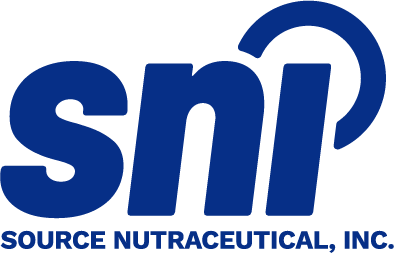The Canadian regulations for Natural Health Products (NHPs) came into force in 2004, and for nearly 20 years, Canadians have been able to shop with confidence for products displaying either a Natural Product Number (NPN) or Homeopathic Medicine Number (DIN-HM) on the product label. These products must be approved by Health Canada before being sold to consumers, meaning consumers should trust that they are safe, effective and of high-quality.
If you have been following our blogs recently, you know that on May 12 of this year, Health Canada released the proposed cost-recovery fee structure, causing huge waves in the Canadian natural health industry.
Retailers, industry members and consumers have all voiced concerns about the impact on availability, cost and the safety risks associated.
The fee structure for NHPs has been projected for implementation by April 1st of 2025, though there is a consultation period open until August 10th, where consumers, members of the public and industry are encouraged to share their opinions.
According to a report by the HESA, the Standing Committee on Health of the House of Commons of Canada, the Committee recommended that Health Canada review and amend the above fees order to include NHP Product Licence Applications.
The committee stated that the NHP industry “must participate in the cost of public services to enhance the safety, quality, and image of its products on the market.”
On Friday, May 12, Health Canada released an overview of the proposed fees. They have set a proposed implementation date of April 1, 2025 and the policy includes mandatory fees for NHP Product License Applications, Annual Right to Sell NHPs, and NHP Site License Applications.
The fee structure for NHPs has been projected for implementation by April 1st of 2025, though there is a consultation period open until August 10th, where consumers, members of the public and industry are encouraged to share their opinions.
To summarize the cost-recovery details:
There are three categories of fees within the proposal: pre-market evaluation (“EVAL”) fees; site licensing (“SL”) fees, and annual right to sell (“RTS”) fees.
The proposed EVAL fees range from $1,124 for a simple (i.e., Class I) product license application (PLA) to a staggering $58,332 for a complex (i.e., Class III) PLA.
The fees proposed for site licensing range from $4,784 to $40,071, depending on the licensed activity (i.e., manufacturing, packaging, labeling, import).
Proposed regulatory amendment fees range from $1,124 to $8,750 for PLAs; and are estimated at $4,784 for SLs.
Annual RTS fees have been proposed at $542 per SKU.
Here's what it means for the Canadian industry, including consumers, suppliers, manufacturers, and distributors:
 You may notice fewer natural health products on the shelves of Canadian stores. This means you'll have fewer options to choose from when it comes to taking care of your health. As a result, you might be tempted to buy these products online, which can have a negative impact on local stores that sell health products. It could also lead to more people buying unapproved products, which can be risky for your health.
You may notice fewer natural health products on the shelves of Canadian stores. This means you'll have fewer options to choose from when it comes to taking care of your health. As a result, you might be tempted to buy these products online, which can have a negative impact on local stores that sell health products. It could also lead to more people buying unapproved products, which can be risky for your health.- Canadian suppliers will have to rethink their product offerings and might end up reducing the number of different products available in Canada due to the high licensing fees.
- Manufacturers, packagers, and labelers will face increased costs for applying to Health Canada, and these expenses will likely be passed on to the supply chains and consumers of natural health products.
- The proposal could discourage international suppliers from entering the Canadian market altogether, which would have a negative impact on importers and distributors.
As service providers to the industry for nearly 20 years, we have seen the impressive potential of the Canadian natural health product market on a global scale.
The proposed cost recovery plan is problematic and needs to be reconsidered by Health Canada. If implemented, it could discourage both local and international companies from selling their products in Canada, leading to a significant negative impact on our economy. It would also limit the range of natural health products available to consumers, hindering their ability to take care of their health.




